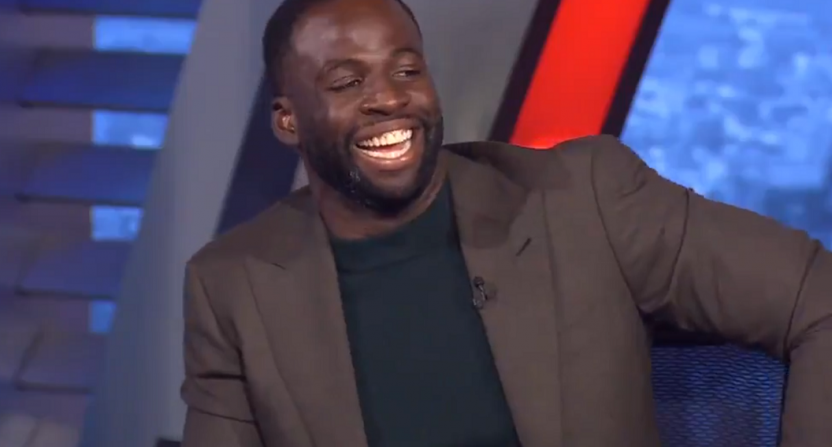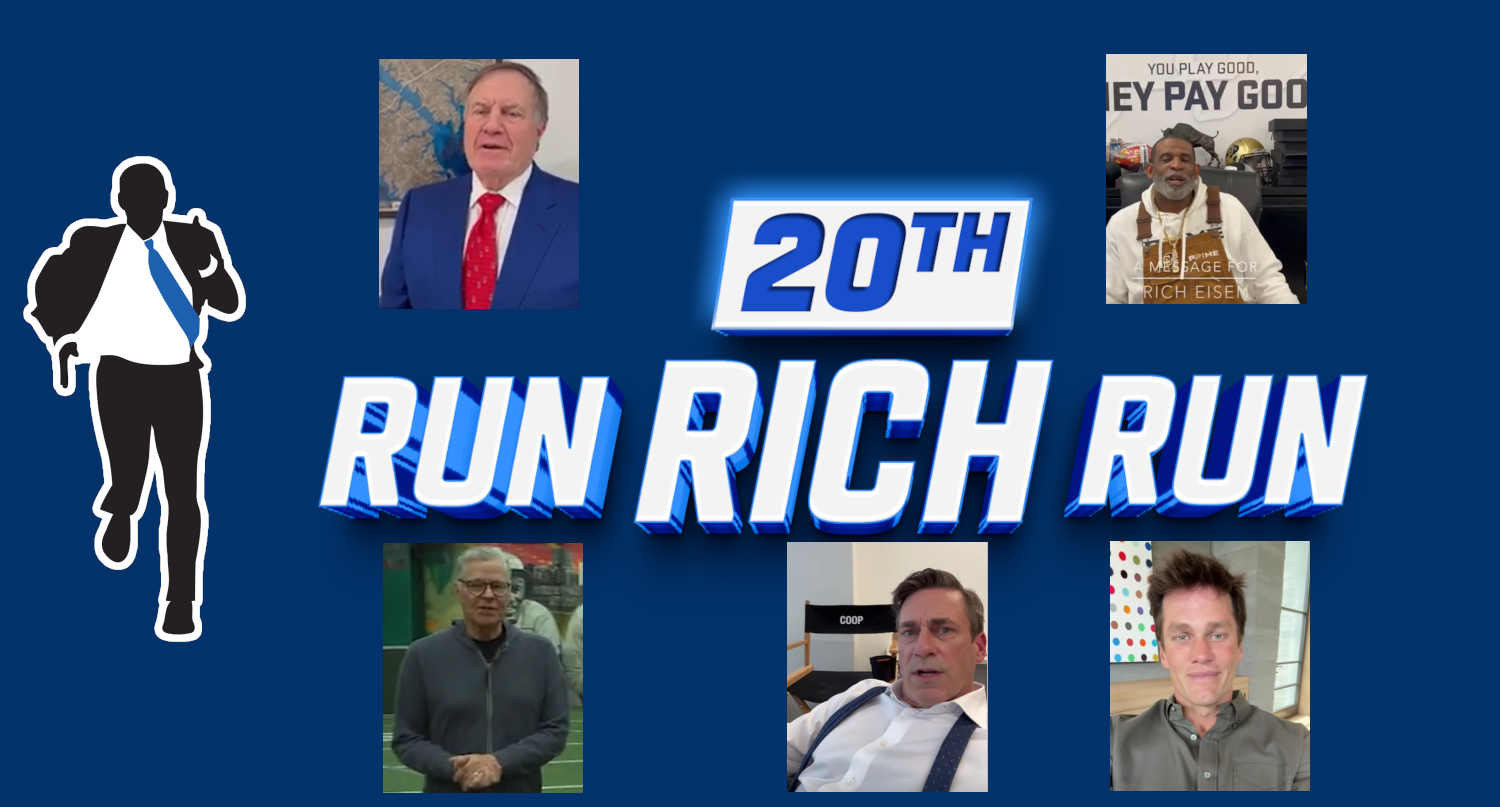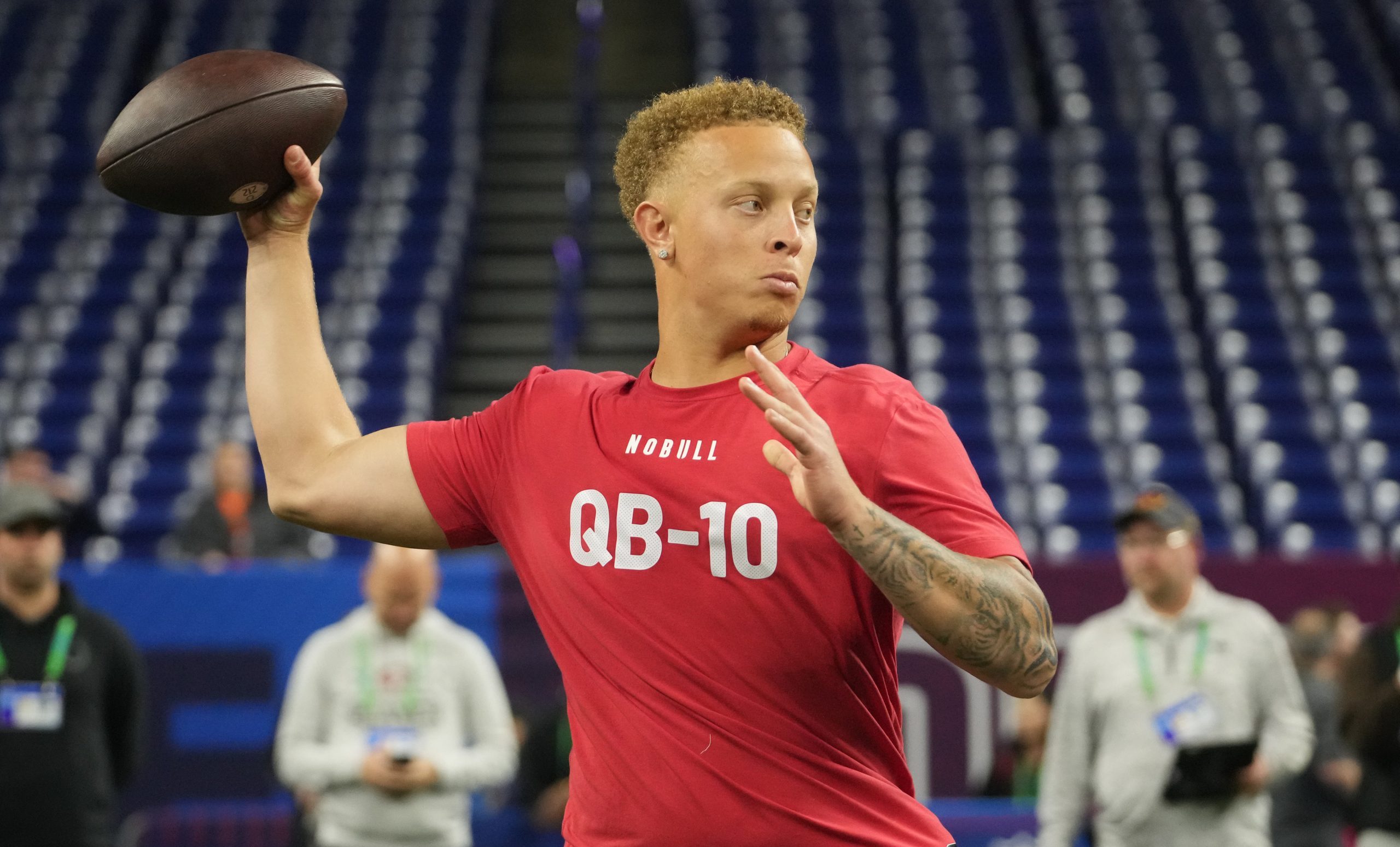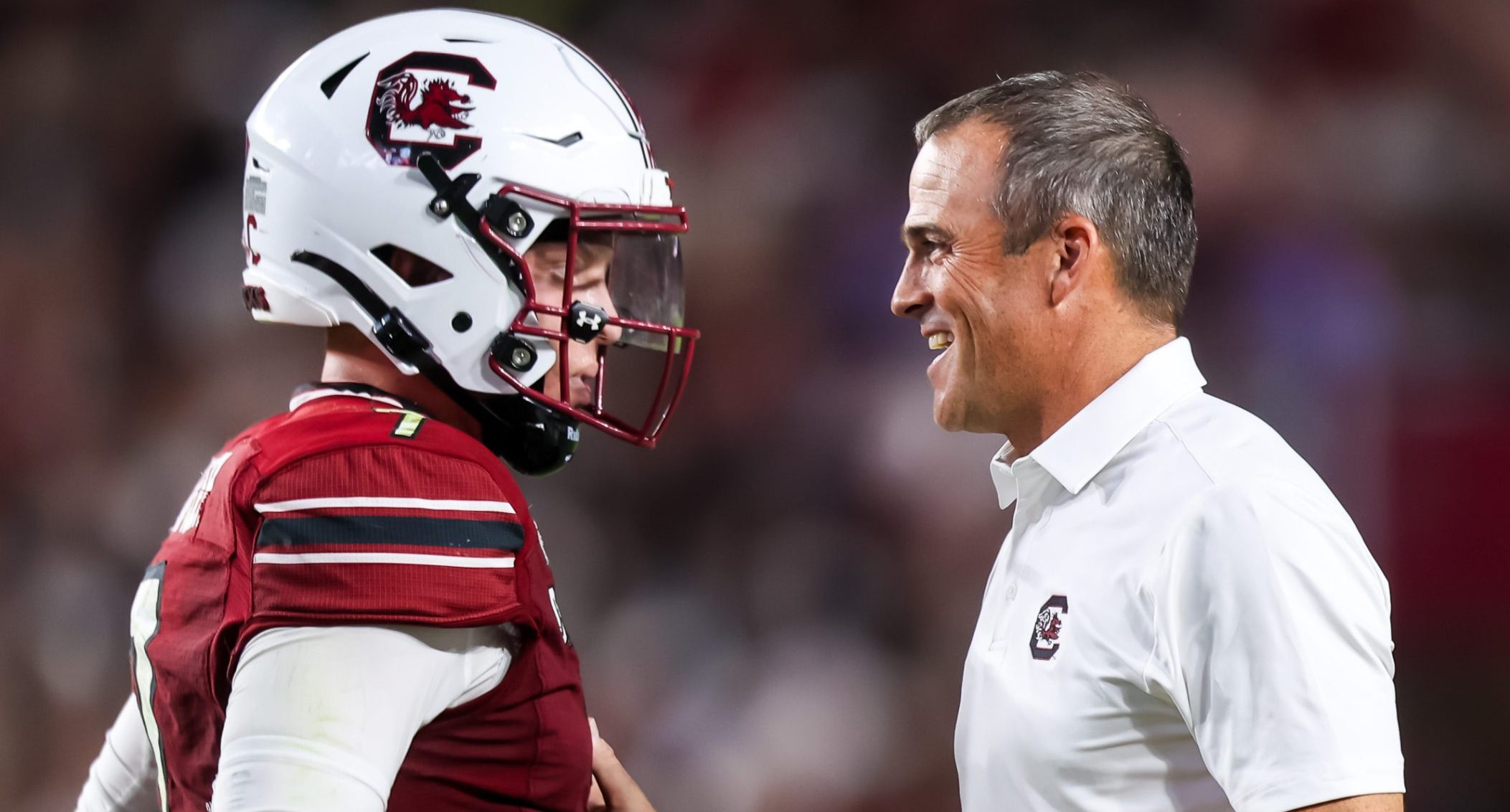If we ignore the sideshow, Draymond Green has had a tremendous playing career and is building a promising future media career. He’s the second-most important player during the Golden State Warriors dynasty. And like Steph Curry, he’s an unprecedented talent. This once-afterthought of an NBA franchise doesn’t win four championships without Green’s defense and playmaking. In the 2016 NBA Finals —a series in which Golden State blew a 3-1 lead—Green was the lone Warrior who showed up in Game 7.
Being a multi-time champion with a brash personality has opened the door to broadcasting opportunities. Green has a podcast and has made numerous TV appearances, most notably on TNT where the 33-year-old might be the eventual successor to 60-year-old Charles Barkley.
But as Green’s suspensions continue to mount, it’s fair to speculate if his unsavory on-court behavior might hurt his broadcasting career. The latest kerfuffle with Jusuf Nurkić has led to Green’s indefinite suspension by the NBA. This is Green’s second suspension in as many months. At this rate, you have to wonder if all this self-inflicted harm will eventually make media executives and the league uneasy about Green potentially being the public face of the NBA on TV.
Stephen A. Smith and Nick Wright voiced their concerns last week. On Wednesday’s episode of First Take, Smith said: “We talked about Charles Barkley ultimately one day walking away from this, you had people talking about Draymond being his successor. You don’t hear that now.”
On The Dan Patrick Show, Wright said: “Will the contemporary NBA fan, when they hear Draymond Green, will they think, ‘Man, one of the greatest defensive players ever, the second or third most important cog in a true dynasty,’ or will they think, ‘lunatic?’ To me, that is more in flux than previously.”
It’s one thing to be controversial. It’s quite another to be seen as an out-of-control detriment. Barkley certainly had more than his fair share of altercations and questionable behavior. He famously opined in a commercial “I am not a role model.” But Barkley’s troubles never reached the on-court Defcon 1 escalation that we are seeing with Green. Barkley also came across as genuine and personable. Those traits have served him well as an Emmy award-winning broadcaster.
To reach Barkley status, you must be likable. Right now, Green has never been more unlikeable. Even his coaches and teammates are fatigued by his act. It’s Golden State’s fault. This was inevitable after years of enabling. The organization financially rewarded a guy who punched a coworker. How did they think this was going to go?
The NBA and its partners—both in broadcasting and advertising—want someone who viewers can connect with. That’s not Green today. But that doesn’t mean it won’t be Green in the future. The NBA has effectively put Green in a timeout while they sort through this mess. Hopefully, he’ll get counseling and learn how to avoid unnecessary outbursts.
The Green suspension has led to unintentional comedy. TheBigLead.com reported before Green’s dust-up with Nurkić “ESPN was set to publish a story by Ramona Shelburne about how Green wasn’t going to hurt his team again.” But from the NBA’s point of view, there’s nothing funny about this at all.
Ultimately, it’s up to Green to decide what kind of options he wants to have after his playing days are over. Even the most talented of broadcasters are largely replaceable. TNT can always find someone else to follow in Barkley’s footsteps. It could easily hire one of Green’s teammates. Klay Thompson has a higher Q Score than Green and might be a safer choice. Plus, his father Mychal Thompson is also a former player turned broadcaster.
Green can fight all he wants with opponents, his teammates, the media, and everyone else. But if he keeps going down this path, he might lose what could be a long and lucrative TV career.







